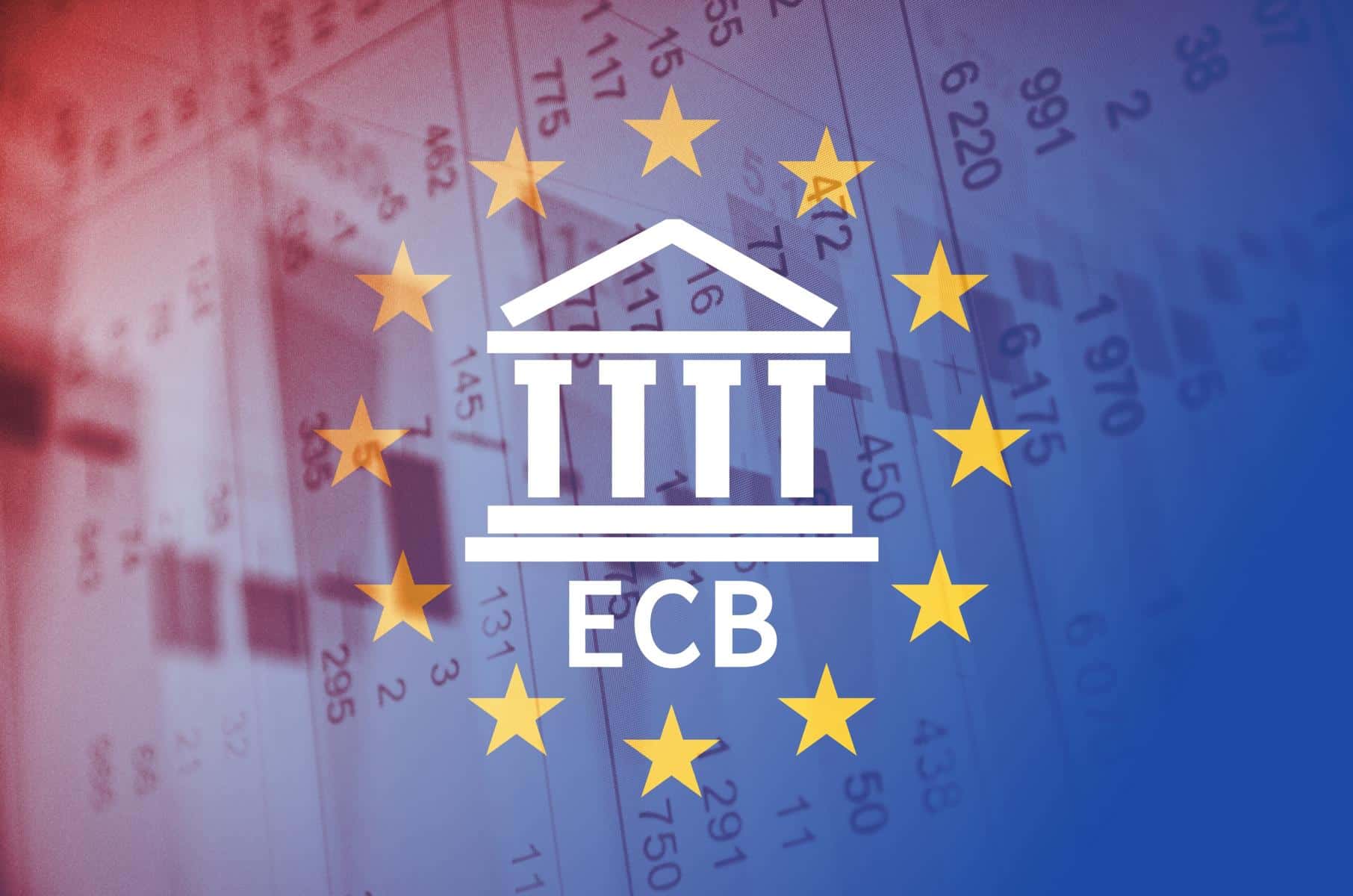- The European Central Bank (ECB) has allocated $1.3 billion to contractors who can enable offline payments for the digital euro.
- Jonas Gross, chairman of the industry group the Digital Euro Association (DEA), believes that the budget is reasonable.
Last year, the European Central Bank (ECB) concluded the investigation phase of its digital euro which lasted for two years. On November 1, 2023, the preparation phase commenced to finalize the rulebook and the selection of providers to develop the infrastructure. This is also expected to last for two years.
According to the latest report, the ECB has allocated a whopping sum of $1.3 billion to contractors who can enable an offline payment for the retail digital euro. The official website of the Bank has also confirmed that providers for several features including “risk management, information security, and a user application” are needed.
According to Jonas Gross, chairman of industry group the Digital Euro Association (DEA), the $1.3 billion allocation seems like a lot of money, however, a look at the ECB’s expectation makes it reasonable.
My first reaction was, oh, man, this is really a lot of money. But when you think about it’s a contract that goes for a few years, where the ECB really expects the partners to deliver a product that’s … really kind of perfect to be implemented on the market.
Experts admit that enabling offline payment is a big challenge in the implementation of Central Bank Digital Currency (CBDC).
Contractors for Digital Euro Could Be Picked From Europe
According to reports, two digital euros are being developed for retail payments with one exclusively for offline use. To Gross, there could be a single app that enables both versions. However, a crucial hurdle to overcome is the process of making it user-friendly. He further hints that the potential providers of the offline components of the digital euro may have access to 56 percent of the budget.
This, I think, shows that this is serious, they want this, … you could also interpret it that there are still some open questions, and there is just a lot of expertise from vendors required to get this on the street.
The ECB’s selection of a provable contractor to build these services is said to be another problem as the EU lawmakers subjected the bank under criticism for choosing U.S. tech giant Amazon in 2022 to build an e-commerce prototype for the digital euro. With regards to this, Gross expects the ECB to restrict its choice to traditional finance players with a track record and presence in Europe rather than an exotic one.
Last year, it was reported that the European Commission was proposing a bill that would ban the paying of interest or surcharges for using the digital euro. According to the report, the CBDC would be in the cash-style offline payments.
The digital euro shall be available for both online and offline digital euro payment transactions as of the first issuance of the digital euro.
With offline transactions, the ECB or payment service providers would have no access to personal transaction data. However, financial crime authorities could be provided with details of how an account is funded when any suspicion of money laundering is raised. This would be done by the banks who distribute the currency.
To some potential users, this could still have less impact than Bitcoin as the digital asset guarantees financial freedom and makes provision for the privacy of parties involved in transactions.























